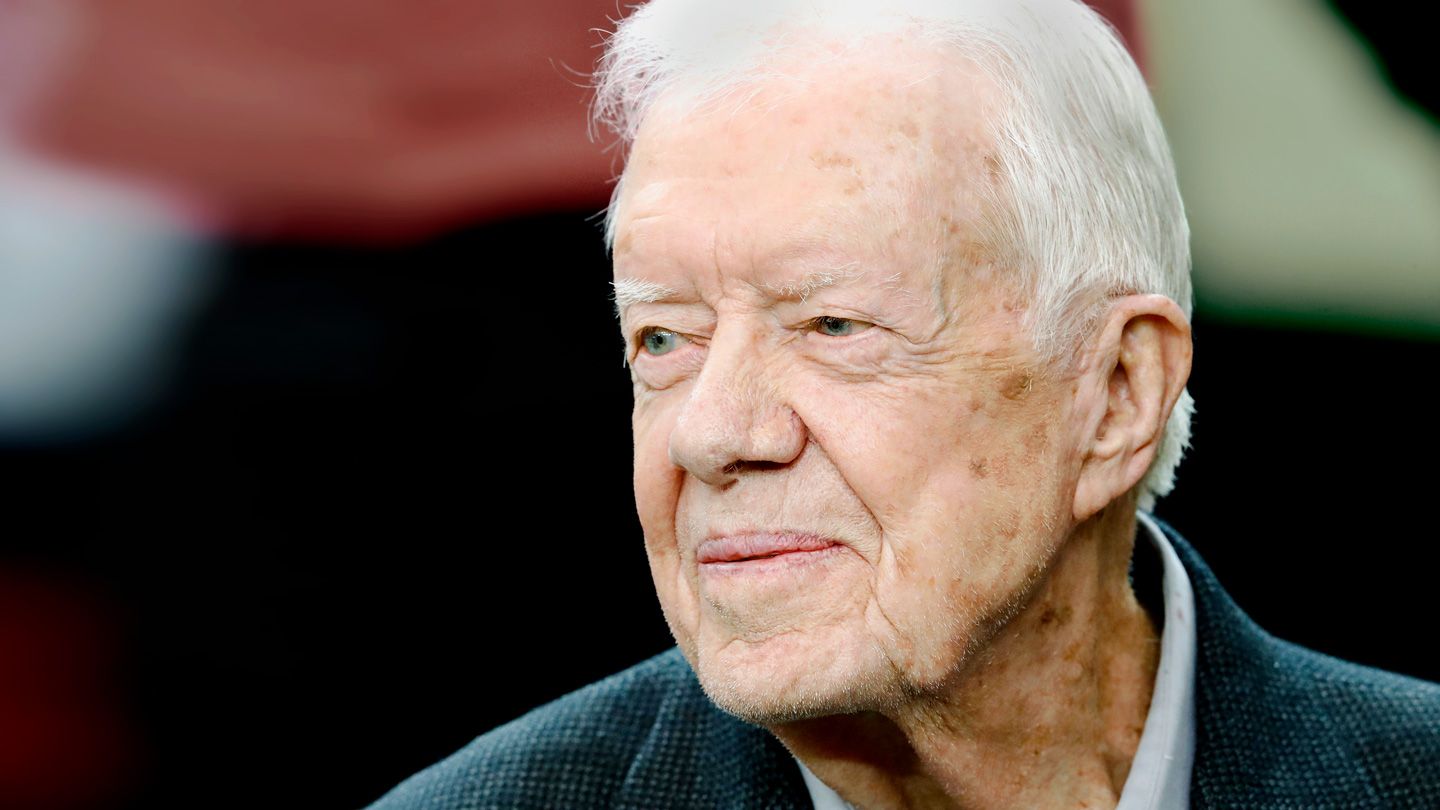
Jimmy Carter, Humanitarian and Longest-Lived US President, Dies at 100
Jimmy Carter, who served as the 39th U.S. President from 1977 to 1981, passed away at age 100 in his home in Plains, Georgia, surrounded by family. He had been in hospice care since February 2023.

Jimmy Carter portrait headshot
Carter is survived by his children Jack, Chip, Jeff, and Amy; 11 grandchildren; and 14 great-grandchildren. His wife Rosalynn, who shared 77 years of marriage with him, preceded him in death in 2023 at age 96.
Born in Plains, Georgia, in 1924, Carter was the first U.S. president born in a hospital. After graduating from the Naval Academy in 1946 and serving seven years in the Navy, he returned to Georgia to manage his family's peanut farm. His political career progressed from local positions to Georgia State Senate, then Governor of Georgia, before winning the presidency in 1976.
As president, Carter's most significant achievement was brokering the Camp David Accords, leading to a historic peace treaty between Israel and Egypt. Though his presidency faced challenges including high inflation and energy shortages, his post-presidential humanitarian work would become his lasting legacy.
In 1982, Jimmy and Rosalynn founded The Carter Center, dedicated to advancing human rights and alleviating suffering worldwide. Their work included:
- Monitoring democratic elections globally
- Mediating international conflicts
- Leading initiatives to eradicate diseases in developing nations
- Building homes with Habitat for Humanity well into their 90s
Carter overcame significant health challenges in his later years, including a 2015 melanoma diagnosis that had spread to his liver and brain. After treatment, he was declared cancer-free four months later, marking a breakthrough in cancer treatment for elderly patients.
The former president remained active in humanitarian work into his 90s, demonstrating remarkable resilience and dedication to public service throughout his life. His commitment to humanitarian causes earned him the Nobel Peace Prize in 2002, recognizing his decades of work promoting peace and fighting disease worldwide.
Related Articles

Trump's WHO Withdrawal Plan Sparks Global Health Funding Concerns

